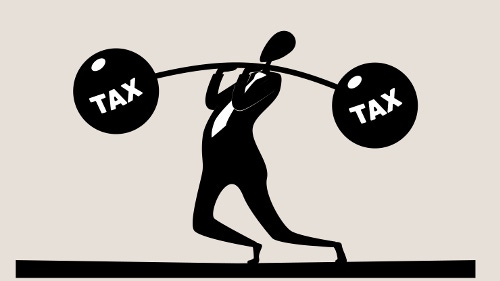Two West Coast venture capitalists hold polar opposite views on the impact of the medical device tax and the possibility of its repeal.
January 20, 2015

Repealing the 2.3% medical device tax has taken on new urgency.
There are bipartisan bills from both the Senate and the House aimed at killing this tax that many in the industry find unpalatable. The tax has been collected for two years.
|
Brent Ahrens, general partner, Canaan Partners |
At the JPMorgan Healthcare Conference in San Francisco last week, I sat down with Brent Ahrens, a veteran life sciences venture capitalist with Canaan Partners for a wide-ranging interview. Among other things, I asked him to gauge the impact of the medical device tax and the possibility of repeal.
"I think it’s a lot of happy talk," Brent said regarding the repeal. "And at the end of the day, our companies have said, 'It is what it is. It’s a change in the ecosystem, it’s the cost of doing business, what’s next?'"
Ahrens said that the tax "becomes a scapegoat," for things like outsourcing and job cuts, noting that the reality is that "it is big enough to be of note, but small enough to not have much impact."
No one disagrees more with this assessment than fellow life sciences VC Mike Carusi, general partner with ATV and (Advanced Technology Ventures). Carusi said he welcomes the opportunity to disagree with his "friend" - Ahrens - in public.
"I have been working on this behind the scenes and spending a lot of time in DC, so I don't think the notion that it will be repealed is happy talk," Carusi declared in a phone interview. "I think there is a recognition from Democrats and Republicans alike that it is a stupid tax. That's not coming from either party. It's coming from both."
Carusi also contradicted Ahrens in that the impact is negligible.
|
Mike Carusi, general partner, ATV |
"I've got companies that are doing $6 to $7 million in revenue that are not profitable and they are paying a tax, so, that is problematic," he said.
One such company is EndoGastric Solutions, where ironically both Ahrens and Carusi are board members.
Carusi said the industry has adjusted to this tax by cutting R&D. Indeed Medtronic's CEO, Omar Ishrak remarked at that San Francisco conference that R&D has an "insatiable appetite" and could be one place where the money from the device tax could go to if it were repealed.
"I think there's a notion that the J&Js of the world can absorb it, and at some level that's true, but how do they absorb it? Carusi said. "They cut R&D or buy one less company," The tax is a bigger challenge for the small companies.
"It's one more straw on that camel's back." Carusi said. "The device tax is a stupid tax and it is having an impact on innovation. It should be repealed. I am more than cautiously optimistic that it will be repealed. It has to."
Lines> -- By Arundhati Parmar, Senior Editor, MD+DI
[email protected]
You May Also Like
.jpg?width=700&auto=webp&quality=80&disable=upscale)



